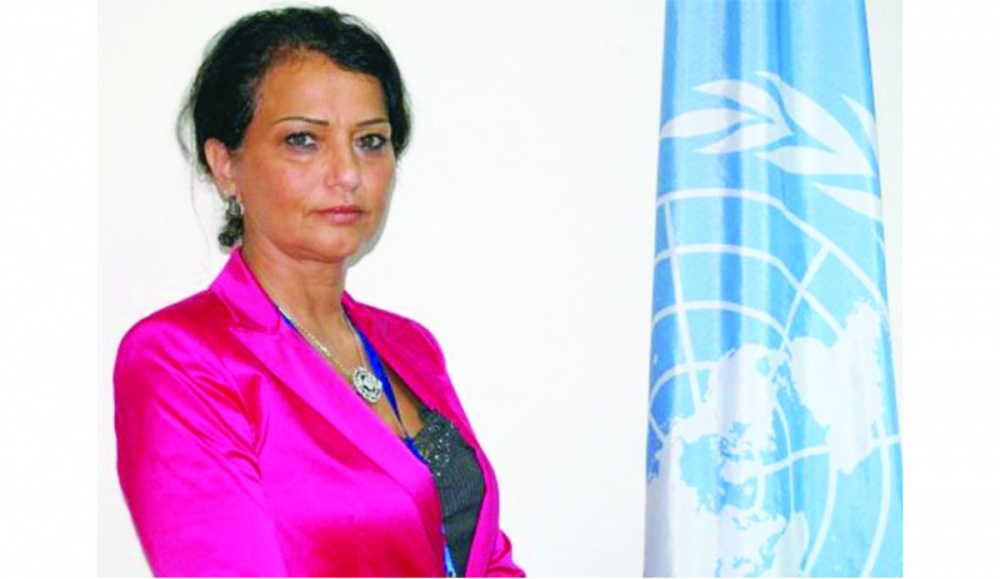By Peter Olorunnisomo – News that a special criminal court to try the worst crimes committed in the Central African Republic (CAR) is due to start its formal investigations next week, the United Nations’ deputy representative in the country said on Monday.

While this might sound like some good news, it leaves a lot of questions asked just as if one was to say ‘about time’. But is it really about time when the history of the war in CAR is replete with every kind of war situation that devalues human existence. So much so that it makes more than proverbial and common sense to ask if the booms of war machines and the staccato that sand songs of death was just being heard across the valley.
A U.N. report published last year smacks of a massive tinge of indecision by the powers whose seat are permanent while those with parliament seats may have cried their eyes out pointing in the direction where voices fade daily and red blood – the ink to sign fat cheques capable of destabilising a nation.

The report noted that a litany of killings, rapes, mutilation, looting and torture committed by successive governments and armed groups in Central African Republic from 2003 to 2015 might constitute crimes against humanity.
While between the years, Africa has steadily witnessed the growth of communications technology capable of sending vivid live play of deaths and carnage with a reach of a quarter of the world in two weeks but this impact is yet doubtful.
The wars in Liberia, Rwanda, Sierra Leone to mention a few were not devoid of crimes against humanity even though it took humanity about half a million lives to find proof.
And as if there was ever a stop, (a peace tenor to re-arm and re-strategies it was) deadly clashes are back on the rise, state control is breaking down and inter-faith violence threatens to flare again. At least 26 people died in an attack by unidentified armed assailants on a church in the capital Bangui earlier this month.
“For us to stop this… horrible cycle (of revenge), the only way is to create a judiciary system that is credible, that is legitimate and that works, hence the special criminal court,” Najat Rochdi, U.N. humanitarian coordinator in Central African Republic and deputy special representative, told a news briefing in Geneva.
“The good news is that the special criminal court is going to be operational next week,” she said, adding that if it did not succeed, some people may return to seeking revenge.
The tribunal, which will be based in the CAR and composed of both national and international judges, will prosecute alleged war crimes and crimes against humanity. And it becomes all the more surprising that Africa, which has contributed excellent jurors to world benches can’t get the luminaries in the AU court of Justice to have a look too.
Some 2,000 U.N. police are helping national authorities to arrest high-profile suspects, Rochdi said, adding: “Arrests are happening.” She gave no details of the arrests.
The United Nations is also supporting the CAR government in “developing a legitimate and credible and not corrupted regular judiciary system”, she added.
Repeated political crises in CAR have fuelled conflict since 2003. Major violence erupted in 2013 when a mostly Muslim Seleka rebel coalition overthrew then-president Francois Bozize, prompting reprisals from Christian “anti-balaka” militias.
The International Criminal Court (ICC) has been investigating alleged war crimes and crimes against humanity in CAR since 2012.
The new court was agreed to in 2015, but it has taken time to finalise victim and witness protection, rules of procedure, and the swearing in of judicial police, Rochdi said.
Violence by armed groups is often aimed at wringing concessions from the government, including an amnesty, which Rochdi said would be a “disaster for the country”.
“The situation has worsened, one has to acknowledge it,” she said, citing an upsurge in violence in Bangui and elsewhere.
The issue of the maturity of the AU Court of Justice, its recognition and the enforcement of the legal will of conviction are by no means far removed from this context but it behoves that after this, assuming it is not long drawn, will it continue to try other states when the world policy of intervention has shifted strategy to using the focus nation to solving its own problems with just about enough ‘safe’ aid.
Kindly follow us on twitter:@AfricanVoice2








